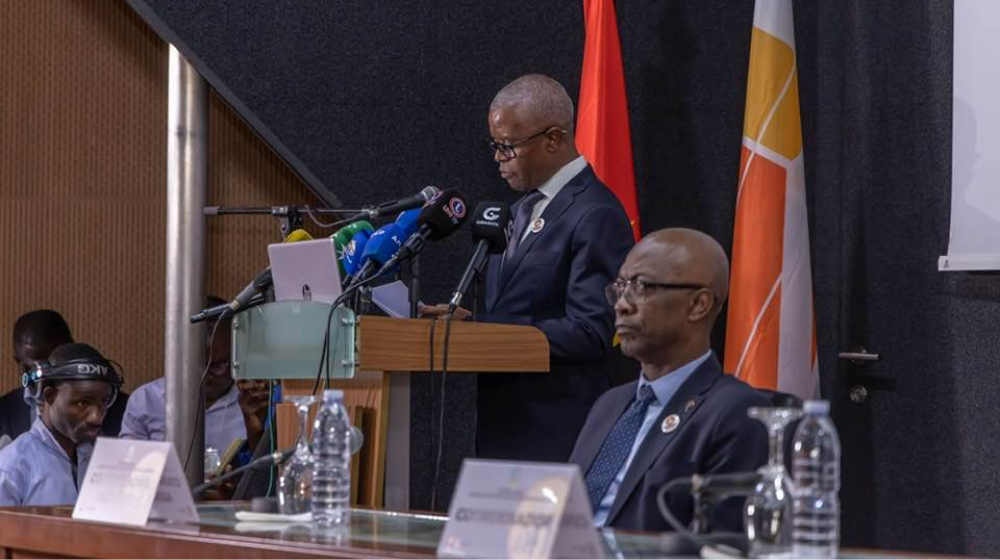Today, 19 September marks the official commencement of the 2024 General Population and Housing Census of 2024 across Angola. This marks the nation's second census since gaining independence in 1975, and notably, the first to implement digital data collection through Computer Assisted Personal Interviewing (CAPI) technology.
The utilization of CAPI is poised to optimize data collection and processing workflows, expedite the dissemination of geospatial data, and ultimately contribute to enhanced sectoral development planning, improved living standards, strengthened governance and accountability, and the promotion of equity across diverse population groups.
The official launch ceremony, held in Luanda, was presided over by the Minister of State and Head of the Presidential Security Office, Francisco Pereira Furtado, who also coordinates the Multisectoral Commission for Census Implementation Support.
In his speech, Minister Furtado underscored the census’s vital role in accurately counting the population and gathering essential data on key characteristics, including gender, age, education, employment, and income. He stated, "censuses have the unparalleled advantage of covering the entire statistical universe (down to the smallest geographic units) of the country, province, or municipality, making them an indispensable tool for planning and developing public policies". This comprehensive data provides critical insights into the population’s geographic distribution and socioeconomic conditions, enabling informed decision making.

The National Institute of Statistics of Angola (INE) is committed to ensuring that every demographic group, particularly the most vulnerable—such as women, children, and minorities—is accurately represented in the census data. Minister Furtado urged all citizens to actively participate in this process by responding to the census-takers' questions, reinforcing the collective responsibility in shaping the country’s future .
Acknowledging the complexity of the census operation and the vital role of collaboration, the Minister expressed gratitude to various partners involved, including the United Nations Population Fund (UNFPA).
The UNFPA has played a crucial role in assisting INE in its transition to digital census data collection. It has provided essential technical, logistical, and financial support to INE in key areas such as cartography, information technology, data processing, marketing, and communication. Additionally, under a loan agreement between INE and the United Nations Economic Commission for Africa (UNECA), UNFPA provided critical logistical support in transporting 8,621 tablets from Windhoek, Namibia, to Luanda.
This census represents a unique opportunity for Angola to accurately map its social and economic realities, enabling the development of informed and targeted public policies that promote the well-being of the entire population, with a particular focus on the most vulnerable. As data collection begins nationwide, Angola takes a significant step towards evidence-based decision-making and inclusive development
Text: Dorivaldo Caetano, Social Media Associate


